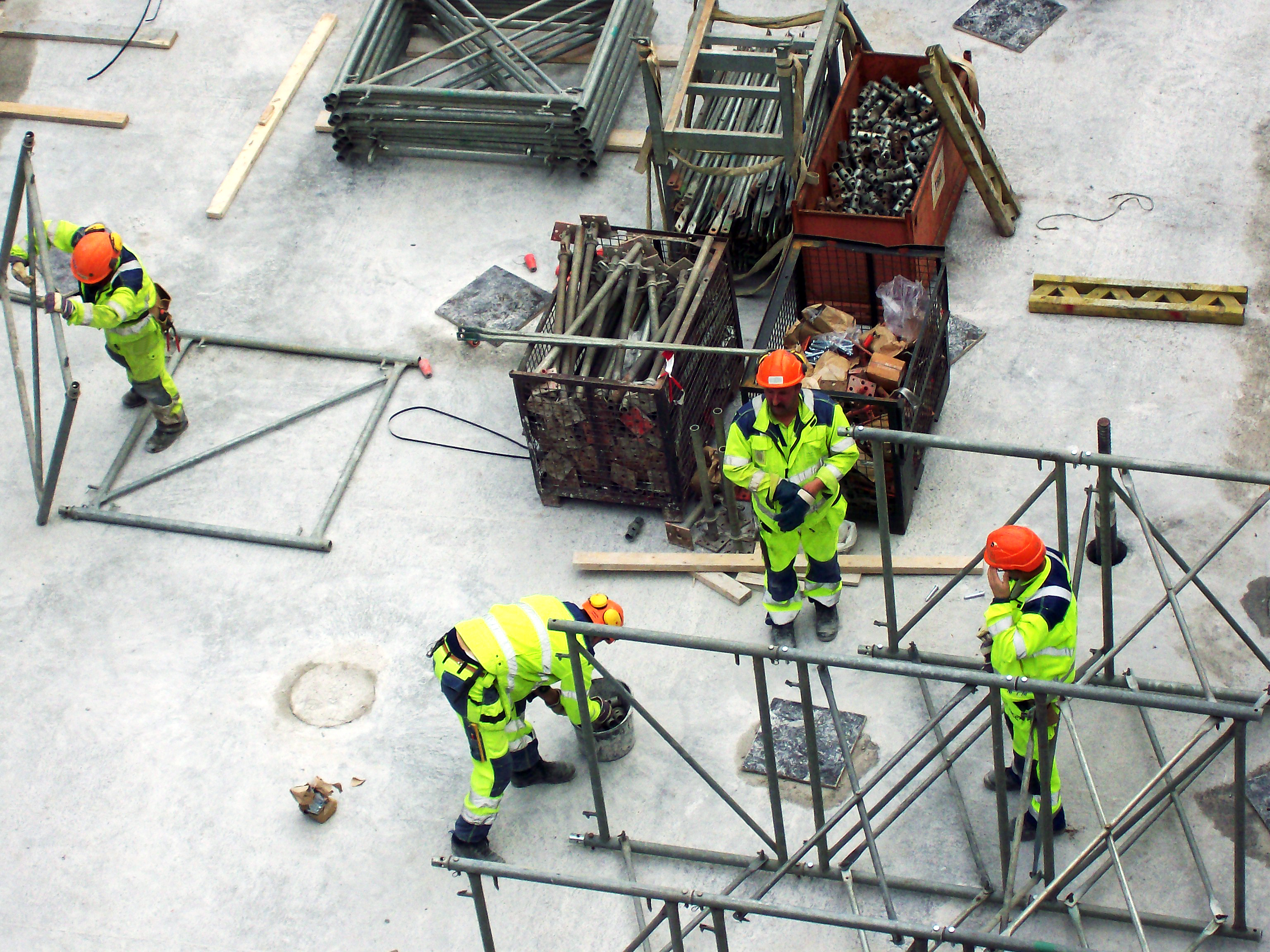Research project identifies huge productivity potential in construction
A major new study from the Department of Engineering at Aarhus University shows that only one-third of the working hours in construction are spent on value-adding work. This means that there are many opportunities for optimisation in most builders’ working day. However, it's not that builders aren’t working hard, say the researchers.

There is a huge potential to optimise productivity in the Danish construction industry. This is the conclusion of a major new study carried out by researchers from the Department of Engineering at Aarhus University. Actually, only one-third of builders’ working hours is used profitably.
"Only one-third of the working hours in construction add value. This has also been shown in previous studies, but this new study is more comprehensive than anything we’ve done before, and it confirms previous results unequivocally. Moreover, we can now look deeply into the study and discover the causes of idle time," says Prof. Søren Wandahl, head of department at the Department of Engineering to Fagbladet 3F, a journal published by the Danish trade union 3F.
ALSO READ: Engineering student develops bioreactor to grow heart valves from human cells
The project observed builders on four different construction sites for more than 1,000 hours to measure their productivity. Measurements were made of fifteen different specialist trades within construction, and even though the average productivity is just one-third,, there are large differences between the individual specialist trades. Plumbers had the highest productivity at 50%, while floorers fared worst at just 18%.
(The article continues below the picture)

In the project Aarhus University collaborates among others with the construction company Enemærke og Petersen A/S. The image shows the engineering student Mustafa Al-Khafaji (left) flanked by Peter Hald, carpenter chairman at Enemærke and Petersen, and Brian Bøssing Pedersen (right), who is the construction manager of the company. Photo: Søren Wiegand Kristensen.
"The project clearly shows that there are huge opportunities for optimisation in the construction industry by using the right tools. However, it’s important that I stress that there’s absolutely no implication that builders should work faster and harder than before, The project is exclusively about using the construction management processes that secure more time for builders to do what they’re actually good at," says Søren Wandahl.
ALSO READ: Danish researchers invent anti-cancer molecule as a Lego-kit
Hasse Neve MSc Eng., a PhD student at the Department of Engineering, was responsible for the fieldwork. He believes that lack of planning and coordination are very much behind the challenges facing builders.
"It's not because the builders aren’t doing anything. They work hard and have a great professional pride, but there’s a lot of wasted time," he says. He talks about an example where a painter shows up for work but cannot start painting because rubbish from the previous job hasn’t been cleared away. As things have not been made ready, the painter has to clear up and perhaps get extra equipment to help.
"This isn’t very productive, and actually it’s something you can plan your way out of," he says.
Kim Lind Larsen, chairman of the Construction Group in the 3F trade union, which represents almost 60,000 builders, nods in agreement with the project's conclusion about wasted time in construction.
We did a survey among our members a couple of years ago, and they responded that their biggest problem is idle time, because things aren’t planned well enough," he says and emphasises that the greatest benefit of using lean processes in construction is far better health and safety and fewer accidents at work.
ALSO READ: Danish researchers behind new treatment for heart-valve patients
Prof. Søren Wandahl stresses that it is possible to increase productivity to about 50-60% if you use the right tools and lean processes. He points to simple measures such as checklists, meetings and daily planning.
The project is part of the Revalue project, which aims to examine productivity and implementation of lean processes within building renovation. Revalue is a research project supported by Innovation Fund Denmark, and it is also being headed by Prof. Søren Wandahl from the Department of Engineering.
Contact
Professor Søren Wandahl
swa@eng.au.dk
Phone: 41893216
PhD student Hasse Neve
hn@eng.au.dk
Phone: 28791838
